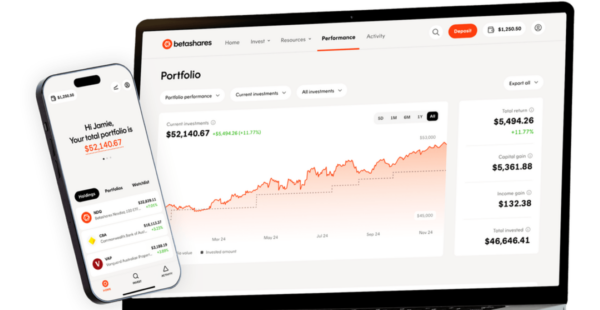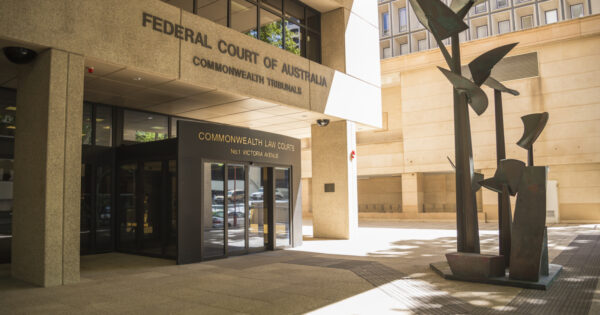Decline in companies’ payout ratios raises shareholder concerns

New analysis from Martin Currie has revealed elevated shareholder concerns as the latest reporting season indicates companies have become more “conservative” in their payout ratios and debt levels.
According to data from S&P/ASX 200 companies, the average payout ratio from the current reporting season fell from 62 per cent to 53 per cent and the debt-to-revenue also declined from 33 per cent to 22 per cent since the pre-COVID period.
Reece Birtles, Chief Investment Ffficer at Martin Currie, said while this “hoarding of earnings” was a visible trend, there were also some positive capital management moves.
“This retention of earnings, rather than reinvesting them into high-return growth opportunities, is a concern for shareholder value,” he said.
“The lack of pressure on boards and management regarding this trend appears to be a by-product of the momentum-driven market. As conditions shift, we hope to see a return to dividends as a core indicator of shareholder value.”
“For investors, dividends will continue to play an important role as they provide more reliable returns than capital gains and can act as a ‘safety net’ during heightened volatility.
“We saw special dividends from companies like JB Hi-Fi, Super Retail Group, and Lottery Corporation, as well as improved payout ratios from Chorus, Commonwealth Bank, and Independence Group. Additionally, South32, Brambles, and Aurizon conducted buybacks.
“Conversely, several companies reduced their payout ratios, which unfortunately signals earnings stress. Companies such as Mineral Resources, Dexus, and Insignia were among those taking this action.”
As a result of the current reporting season, Martin Currie has since updated its ‘income scorecard’ that measures how companies have met dividend forecasts over the last 12 months, and tracks any adjustments in dividend growth projections within the context of inflation.
“Our analysis highlighted the resource sector as an area of concern for income. While the sector delivered strong dividends relative to expectations over the past year, the outlook is now much more challenging, with most future dividend downgrades in this sector,” Birtles said.
“Woodside, in particular, is a concern due to its M&A decision to invest in two new U.S. projects, which is putting pressure on its ability to maintain strong dividend payouts.
“The banking sector also delivered solid earnings and reasonable dividends over the last 12 months. However, there’s been no change in forecasts due to stagnant underlying growth. For instance, Commonwealth Bank’s share price has surged in the past year, but with flat dividends, future yields have dropped significantly, leaving it below the bond yield—no longer qualifying as a strong dividend stock.”












So is APRA going to ask whether they (Industry super) apply the same processes in order to game the super…
And what happens when the SMSF property eventually appreciates in value. Surely AFCA need to apply a reasonable time frame…
CSLR is essentially the Target Toaster refund approach to Financial Services - basically the client says to AFCA 'Hey my…
Why isn't the accountant fined they setup the SMSF? why isn't the bank fined to giving out the loan to…
So APRA finally acts on the decades long problem of union funds making up valuation on unlisted assets and the…